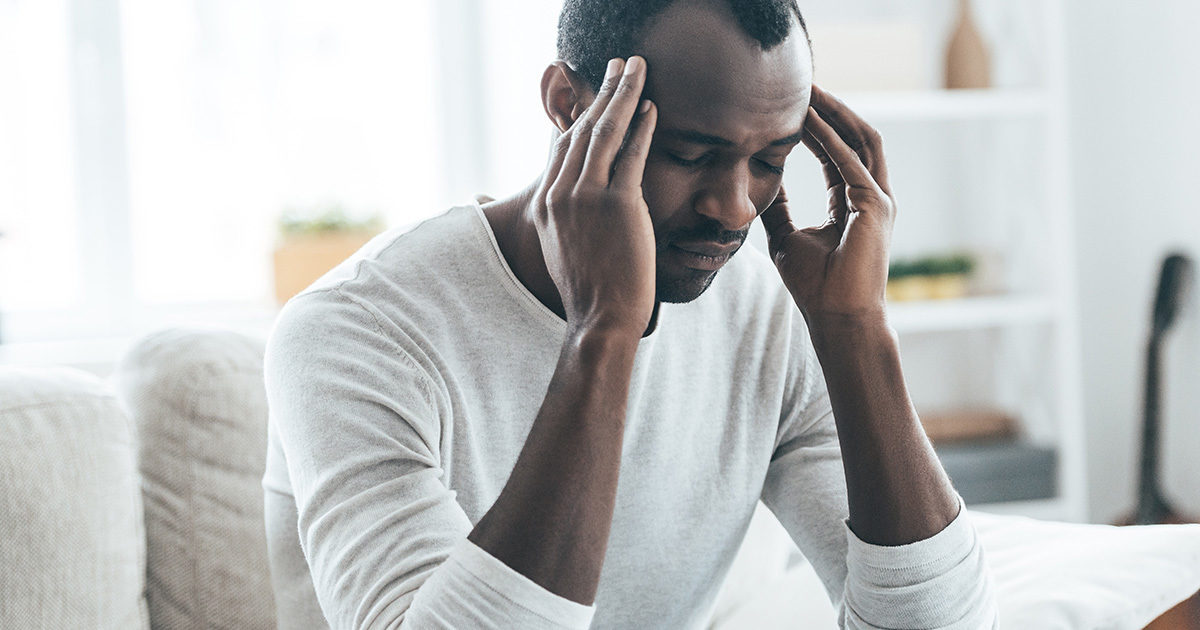Coping With Coronavirus Anxiety and Stress
How to maintain your mental health during an infectious disease outbreak
Reviewed by: Donna Shanor, LCSW, LCDC
Written by: Lauryn Feil

If you are experiencing anxiety or stress related to the coronavirus outbreak, this is a normal reaction. You may encounter racing thoughts, irritability, and loss of energy or appetite as well as some physical symptoms, such as stomach pain or diarrhea - none of which are healthy, especially for prolonged periods. In the wake of an infectious disease outbreak, it is important to monitor your own physical and mental health, find ways to relieve stress, and know when to get help.
Ways to Reduce Feelings of Anxiety and Stress:
<br>Stay informed, but set boundaries
While it is important to stay informed during an outbreak, limiting the amount of time you spend reading or watching the news can help reduce fear and uncertainty. Consider muting news or social media notifications on your phone and set aside a certain amount of time per day to catch up. This will give you time to focus on the things in your life that are going well and that you can control. If you are feeling overwhelmed, find people and resources you can depend on for accurate health information, such as your family doctor, state or local health department, and U.S. government agencies.
Stay connected to others
With fewer opportunities to spend time in public, it is easy to feel alone and isolated, which can enhance feelings of anxiety. While social distancing is important for your health, it does not have to mean social isolation. Regularly connecting with friends and family can help reduce feelings of sadness and reinforce the fact that you are not alone in this. Try to stay busy by participating in activities that may take your mind off of your worries, such as reading a book, playing games, or diving into work. Remind yourself that this is only temporary and your regular routine will return soon.
Focus on your health
Take care of your body. Try to eat healthy foods, avoid excessive trips to the pantry or fridge for snacks, prepare well-balanced meals, exercise regularly, get plenty of sleep, and avoid alcohol and drugs. You can get moving by going for a walk or run outside, or by finding free online workout videos you can do at home. If you do have to go out in public, take the normal precautions the CDC recommends: wash your hands often, avoid close contact with others, cover coughs or sneezes, and wear a face mask if you are sick.
Use practical ways to relax
Be kind to yourself. Self-care is an important way to maintain good mental and physical health. If you are feeling anxious or stressed, close your eyes and take a few deep breaths and remind yourself that these feelings are normal rather than getting upset with yourself. Relax your body often by doing things that work for you, such as yoga or light stretching, meditation, making time to unwind each day, or engaging in pleasurable hobbies. Focusing on the positive parts of life today will help you, your family, and your community persevere through this difficult time.
Know when to get help
An infectious disease outbreak can cause serious distress, even if you are at little or no risk of getting sick. If you or someone you know shows signs of distress for several days or weeks and the mentioned tips are helpful; or if you or someone you know threatens to hurt or kill him- or herself or someone else, or talks or writes about death, dying, or suicide, contact the National Suicide Prevention Lifeline right away at 1-800-273-8255.
Signs of distress:
- An increase or decrease in your energy and activity levels
- An increase in your alcohol intake, tobacco use, or use of illegal drugs
- An increase in irritability, with outbursts of anger and frequent arguing
- Having trouble relaxing or sleeping
- Crying frequently
- Worrying excessively
- Wanting to be alone most of the time
- Blaming other people for everything
- Having difficulty communicating or listening
- Having difficulty giving or accepting help
- Inability to feel pleasure or have fun
- Headache
- Stomachache
- Dizziness
For updates about COVID-19, click here.